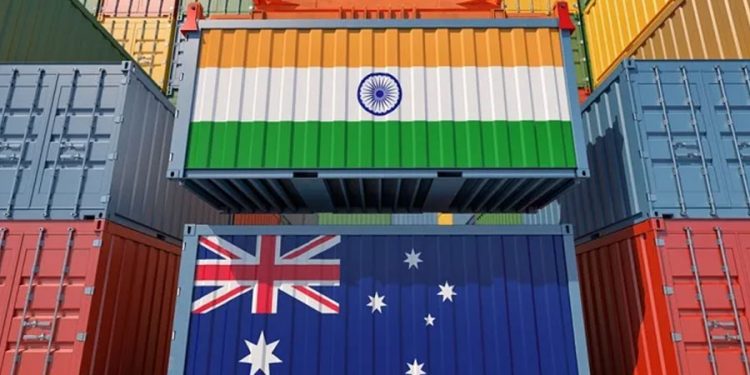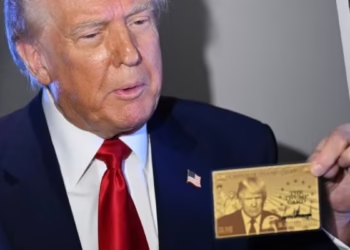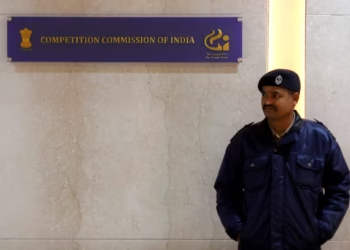Indian traders should adhere to seven procedures, including being aware of Australia’s trade policies and laws of origin for their specific products, in order to fully benefit from the recently implemented free trade agreement, according to a report by GTRI. On December 29, 2022, the India-Australia free trade agreement went into force.
The India-Australia Economic Cooperation and Trade Agreement (ECTA) offers many concessions to exporters and importers of both countries, according to the Global Trade Research Initiative (GTRI), but the settlements are product-specific, so businesses must determine whether their products benefit from the agreement.
According to the GTRI’s statement, “We have suggested a seven-step process to ensure that the firms do not miss critical details while exporting or importing under ECTA.”
One of the reasons for India’s poor Free Trade Agreement (FTA) utilisation rates is that the procedure and its advantages are not widely known. However, by taking these measures, Indian businesses will be able to make full use of the trade agreement, according to the report.
Knowing the appropriate HSN codes is one of the procedures because a product’s tariff classification in Australia and India may change. Every product is labelled with an HSN (Harmonized System of Nomenclature) code in trade jargon. It aids in the global classification of items in an organized manner.
The “rules of origin” section specifies the minimum amount of processing that must take place in the FTA country before the final produced commodity may be referred to as originating in that nation.
According to this clause, a nation that has signed an FTA with India is not permitted to merely label goods imported from a third country and dump them on the Indian market. In order to export the goods to India, it must add a specific amount of value. Rules of origin regulations aid in preventing product dumping.
According to GTRI, trade agreements only provide tariff concessions; they do not ease restrictions on import policy. It added, “Indian exporters must know the export policy of India and the import policy in Australia for its product. India does not allow the import of items like wild animals and ivory products on public health, safety, and moral grounds.”
It further said that no imports are permitted if a product is on the list of restricted imports.
The MFN (most favoured nation) duty and trade agreement duties for a product must be compared, according to GTRI, as a corporation only benefits from an agreement when the customs duty under that pact is lower than the MFN duty.
MFN is a WTO (World Trade Organization) term that denotes that a nation must impose the same import duty on goods from all nations. When two nations sign a trade agreement, they choose to reduce these taxes on the majority of goods.
To receive FTA tariff discounts, a product “must qualify as originating goods of the exporting party,” it was added.
It further stated that a company should apply for the issuance of a Certificate of Origin (COO) to the organisation designated by the governments of India or Australia as soon as it is certain that their product satisfies the rules of origin criteria.
GTRI, which is co-headed by Ajay Srivastava, a former negotiator for India at the WTO and for free trade agreements, advised Indian exporters to fully use a lower tax regime with Australia starting on December 29.
Ajay Srivastava, a former Indian Trade Service officer, is a co-founder of GTRI. In March 2022, he voluntarily retired from the Indian government. He has extensive knowledge of WTO and FTA matters as well as the formulation of trade policy. He participated in the negotiations for India’s free trade agreements with Japan and Australia.











